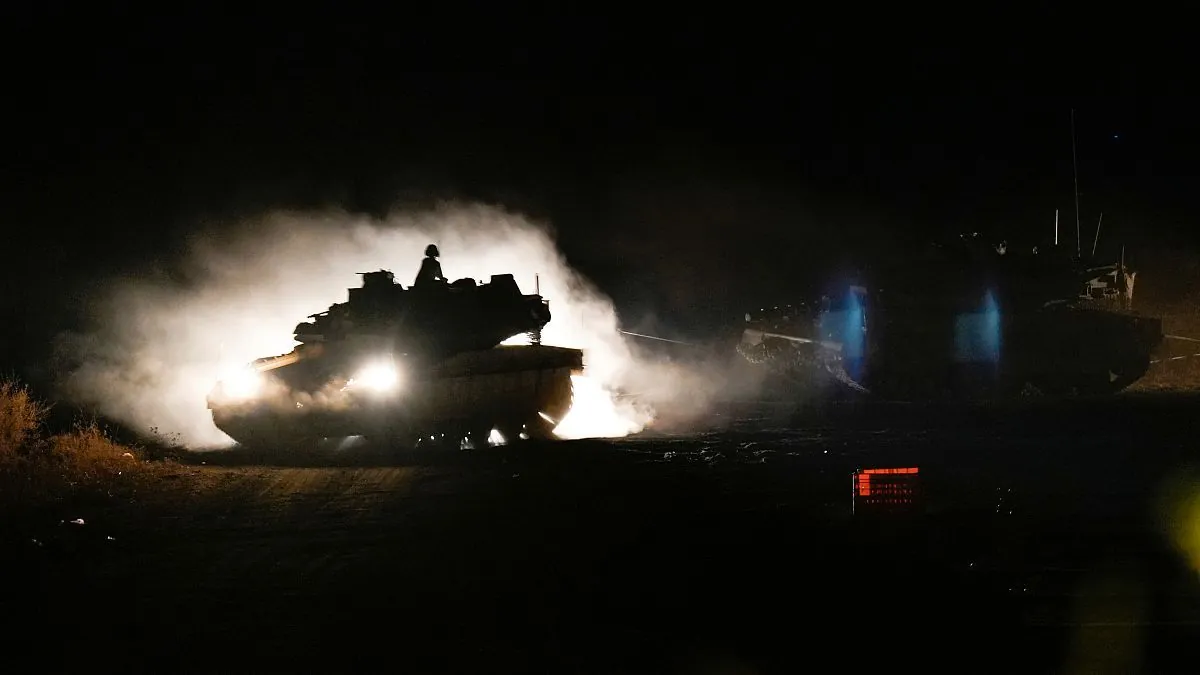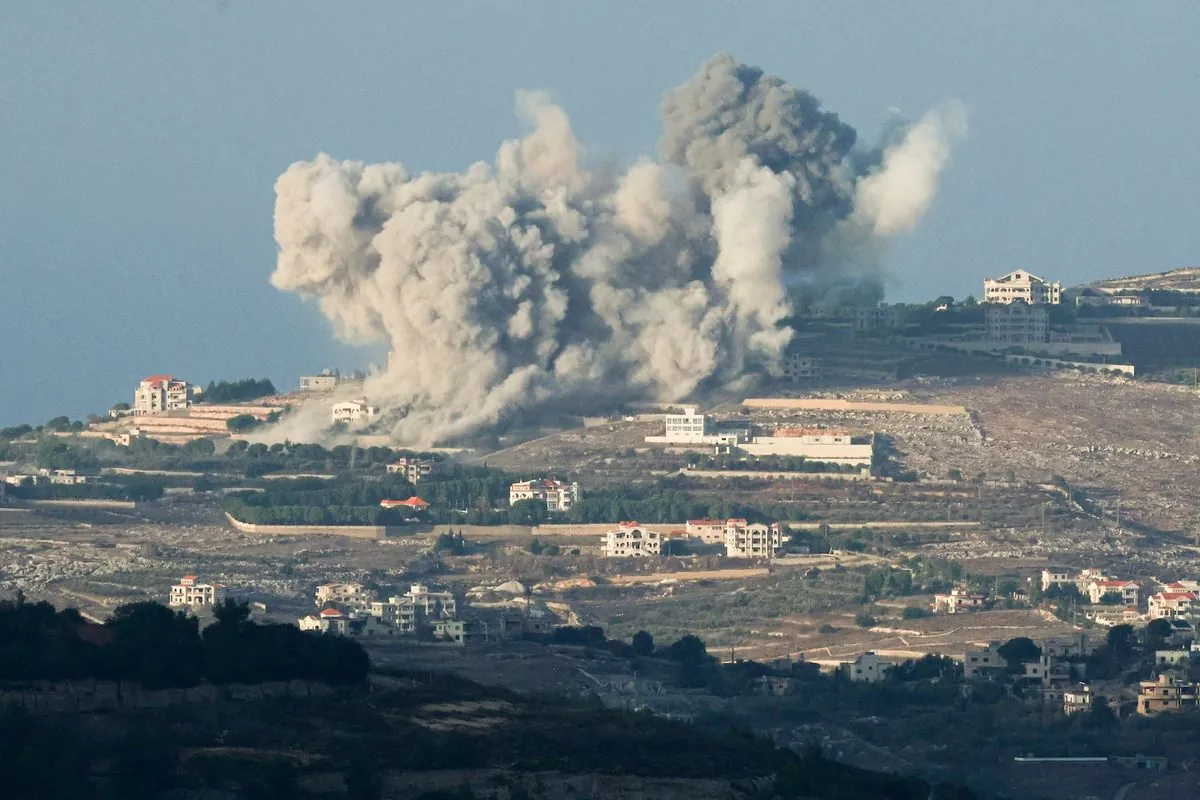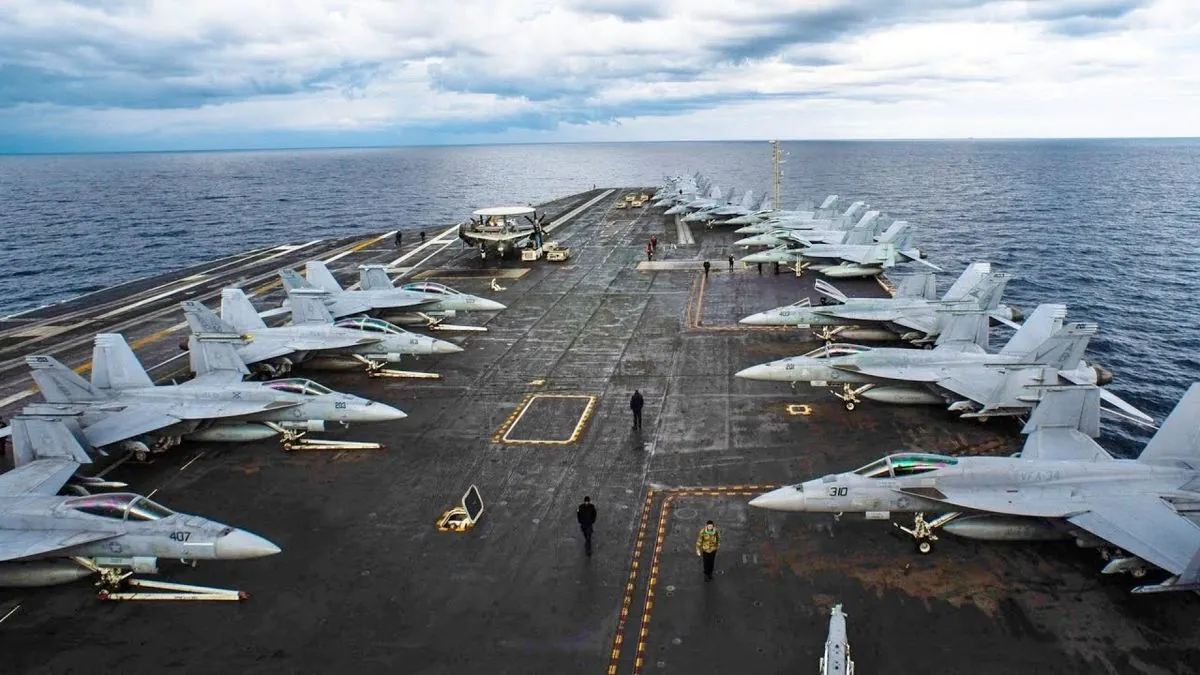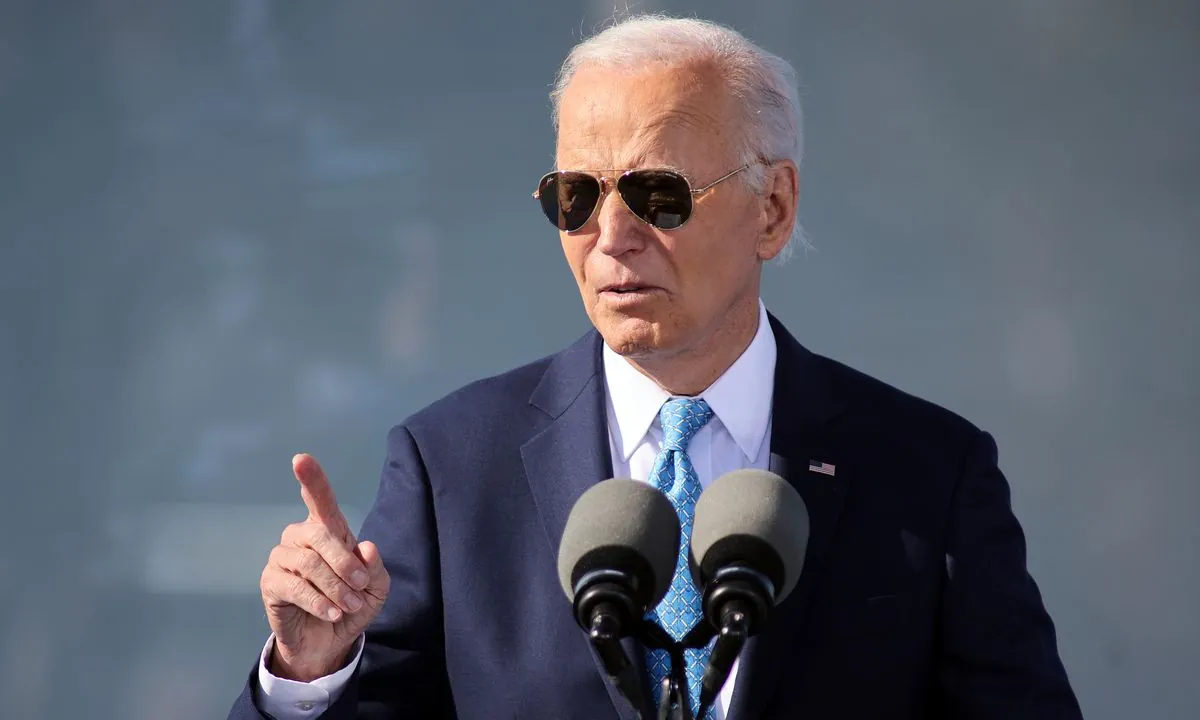Iran Launches Missile Attack on Israel, Global Leaders Urge Restraint
Iran fired nearly 200 ballistic missiles at Israel, escalating tensions in the Middle East. New leadership in Japan and Mexico, while South Korea displays military might amid North Korea threats.

In a significant escalation of tensions in the Middle East, Iran launched a barrage of nearly 200 ballistic missiles at Israel late Tuesday. This attack marks a new chapter in the long-standing conflict between the two nations, with potential far-reaching consequences for regional stability.
Israel's military spokesperson, Rear Adm. Daniel Hagari, reported that the country's air defense systems, including the Iron Dome, successfully intercepted most of the incoming missiles. However, several projectiles did manage to land in central and southern Israel, resulting in one fatality in the West Bank city of Jericho and minor injuries to two individuals in Tel Aviv.
The Iranian attack was reportedly in retaliation for recent assassinations of key figures, including Hamas political leader Ismail Haniyeh and Hezbollah leader Hassan Nasrallah. While Israel has only claimed responsibility for Nasrallah's death, it is widely believed to be behind all three killings.

Iran's Islamic Revolutionary Guard Corps (IRGC), established in 1979 after the Iranian Revolution, justified the attack as a "legal, rational, and legitimate response" to perceived Israeli aggression. The IRGC warned of a "crushing response" should Israel retaliate.
The international community has swiftly responded to the crisis. U.S. President Joe Biden directed the military to assist Israel's defense efforts, while the Pentagon announced an increased presence of fighter jets in the region. The USS Abraham Lincoln, a Nimitz-class aircraft carrier commissioned in 1989, has been ordered to remain in the Middle East.
"A cease-fire in Lebanon is crucial, and escalation into an all-out war must be avoided at all costs."
Chinese, Japanese, and European officials have joined the call for restraint, emphasizing the need for diplomatic solutions to prevent further escalation.
In other global developments, Japan's parliament has elected Shigeru Ishiba as the new prime minister, replacing Fumio Kishida. Ishiba, who previously served as Minister of Defense, faces challenges including addressing party corruption and the rising cost of living in Japan. The Liberal Democratic Party, which has dominated Japanese politics since 1955, is under pressure to implement reforms.
Meanwhile, Mexico has inaugurated its first female president, Claudia Sheinbaum. A physicist by training, Sheinbaum secured nearly 60% of the vote in June's election. However, her close alignment with outgoing President Andrés Manuel López Obrador's policies has raised concerns about the potential weakening of Mexico's democratic institutions.
In a display of military might, South Korea showcased its most powerful ballistic missile, the Hyunmoo-5, during an Armed Forces Day ceremony. This demonstration comes amid ongoing tensions with North Korea, whose nuclear weapons program dates back to the 1980s. The United States flew a B-1B Lancer, a supersonic heavy bomber, during the ceremony to reaffirm its commitment to South Korea's security.
Lastly, the UN Security Council has unanimously approved a one-year extension of the international security mission in Haiti. The Kenyan-led mission aims to address the rampant gang violence that has plagued the country, resulting in thousands of deaths and displacements in the first half of 2024.
As these global events unfold, the international community remains focused on maintaining stability and preventing further escalation of conflicts across multiple regions.


































